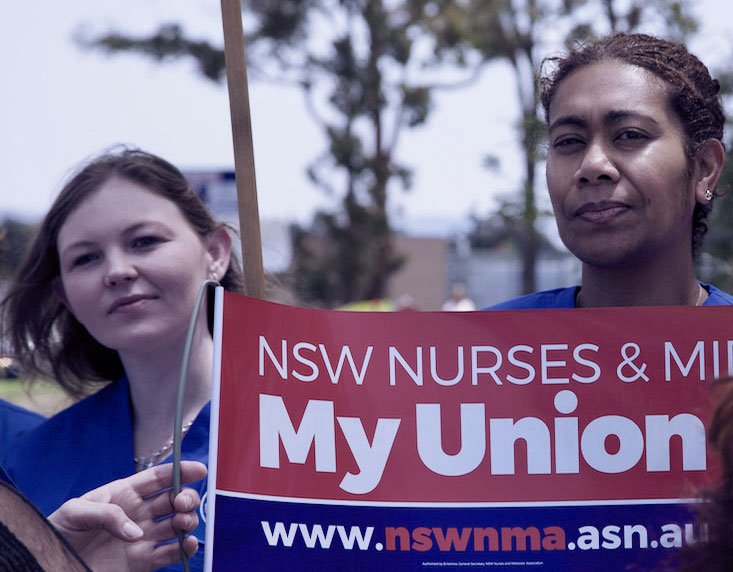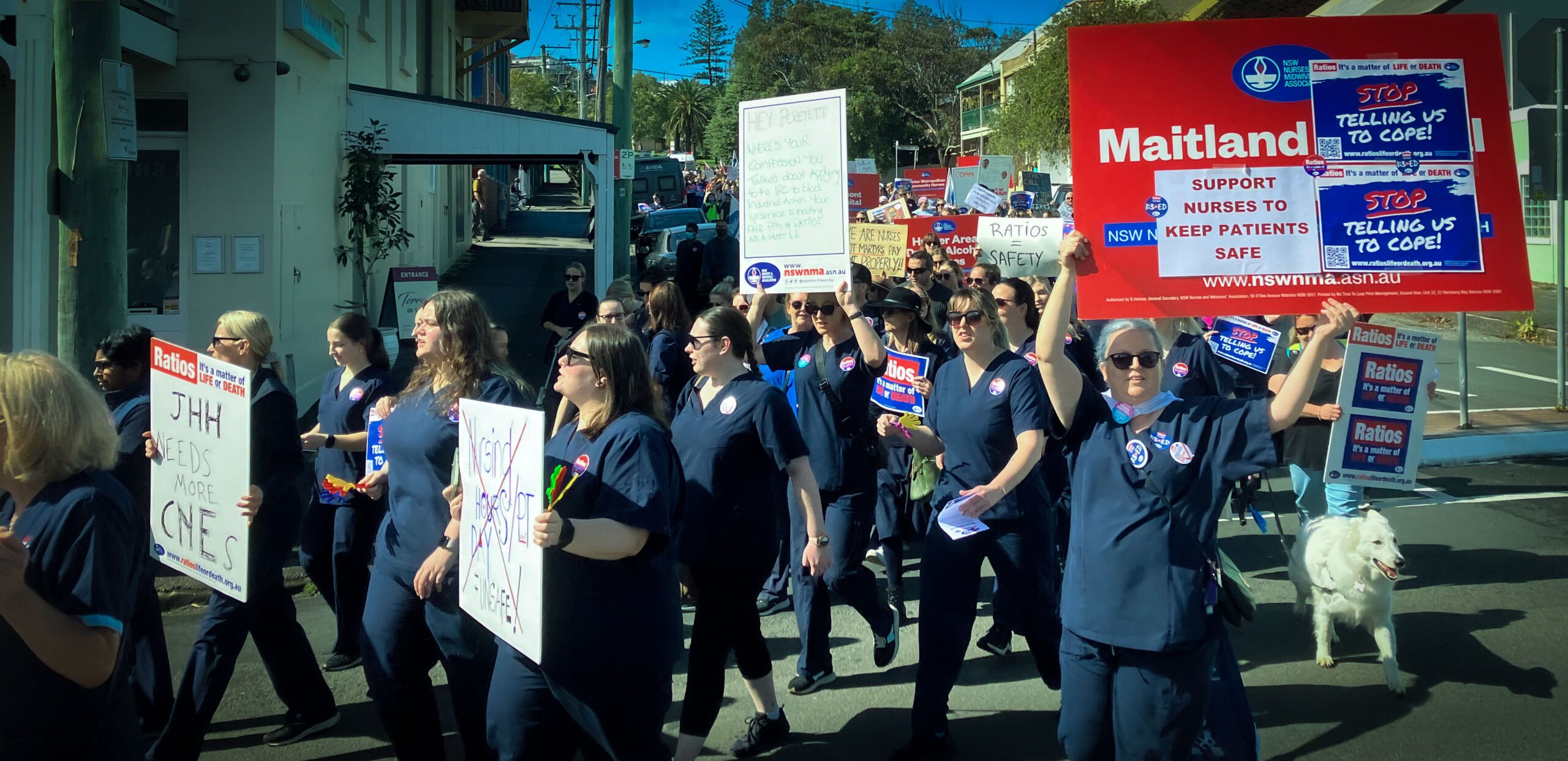In June 2010 the NSW Government released the NSW Domestic and Family Violence Action Plan: Stop the Violence, End the Silence, which includes support initiatives that enable employees who have experienced domestic violence to enter or return to the workplace.
Employees who experience domestic or family violence will now be able to access certain leave entitlements and where those entitlements are exhausted, the employee will be granted special leave.
Domestic Violence Line
If you or someone you know is experiencing domestic violence, you can ring the Domestic Violence Line for help on 1800 656 463 (TTY 1800 671 442). This is a statewide free-call number available 24 hours, seven days a week.
Triple zero (000)
If life is in danger, call 000. Stay focused, stay relevant, stay on the line. Is someone seriously injured or in need of urgent medical help? Is your life or property being threatened? Have you just witnessed a serious accident or crime? If you answered yes, call triple zero (000). Triple zero calls are free.
Lifeline
Lifeline is a national charity providing all Australians experiencing a personal crisis with access to 24 hour crisis support and suicide prevention services. Call Lifeline on 13 11 14.
1800 RESPECT
Dealing with sexual assault and domestic and family violence is never easy, but our qualified and experienced counsellors can provide information and refer you to support services. Telephone counselling: 1800 737 732.
MensLine Australia
MensLine Australia is the national telephone and online support, information and referral service for men with family and relationship concerns. The service is available from anywhere in Australia and is staffed by professional counsellors experienced in men’s issues. Call 1300 78 99 78, available 24/7.
Kids Helpline
Kids Helpline is a free, 24-hour counselling service for young people aged five to 25. Counselling is offered by phone, email and over the web. Call 1800 55 1800.
Warning signs and red flags
It’s not always easy to tell at the beginning of a relationship if it will become abusive.
In fact, many abusive people may seem absolutely perfect in the early stages of a relationship. Possessive and controlling behaviours don’t always appear overnight, but rather emerge and intensify as the relationship grows.
Domestic violence doesn’t look the same in every relationship because every relationship is different. But one thing most abusive relationships have in common is that the abusive partner does many different kinds of things to have more power and control.
If you’re beginning to feel as if your partner or a loved one’s partner is becoming abusive, there are a few behaviours you can look out for. Watch for these red flags and if you’re experiencing one or more of them in your relationship, call or chat online with an advocate about what’s going on.
- Telling you you can never do anything right
- Showing jealousy of your friends and time spent away
- Keeping you or discouraging you from seeing friends or family members
- Embarrassing or shaming you with put-downs
- Controlling every cent spent in the household
- Taking your money or refusing to give you money for expenses
- Looking at you or acting in ways that scare you
- Controlling who you see, where you go, what you do
- Preventing you from making your own decisions
- Telling you that you are a bad parent or threatening to harm or take away your children
- Preventing you from working or attending school
- Destroying your property or threatening to hurt or kill your pets
- Intimidating you with guns, knives or other weapons
- Pressuring you to have sex when you don’t want to or do things sexually you’re not comfortable with
- Pressuring you to use drugs or alcohol.











